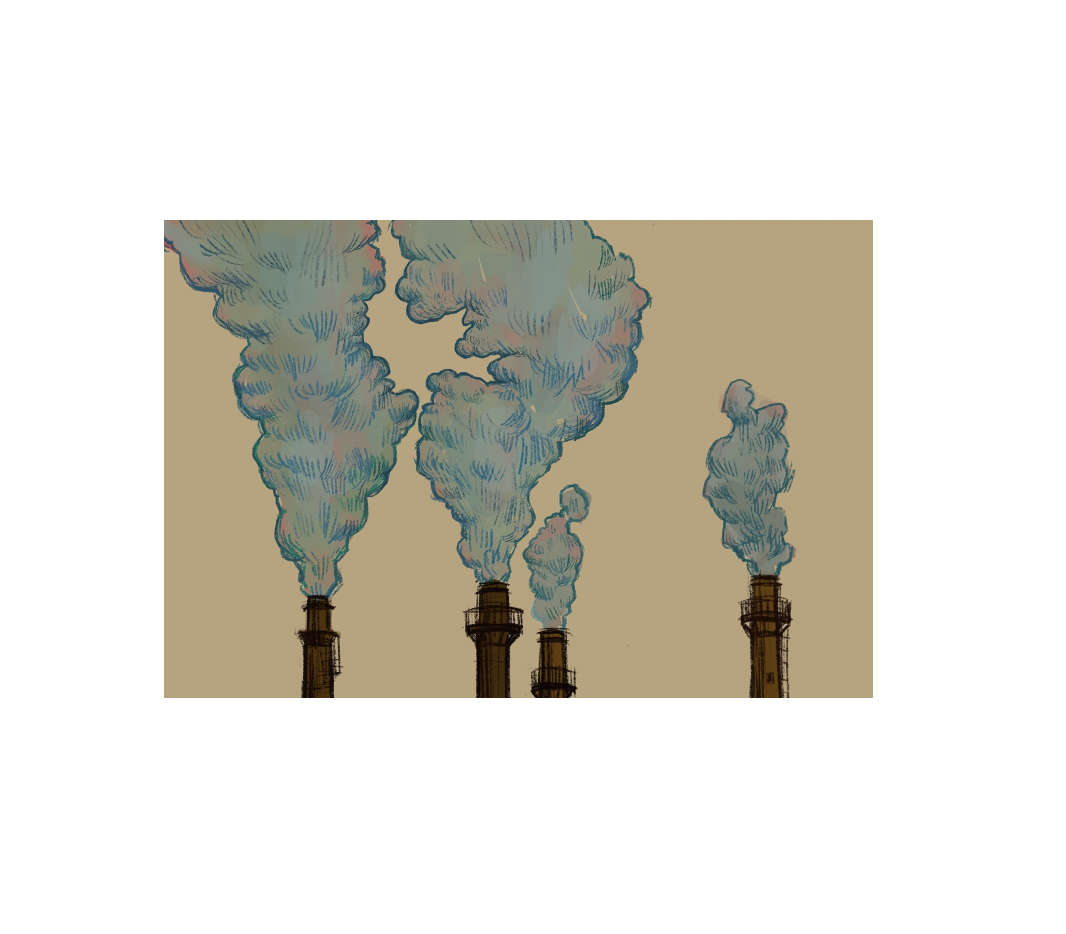Divest McGill held a virtual workshop titled “Divest 101” on Jan. 20 to educate students about divestment and encourage them to take action. Two representatives of Divest McGill, Zahur Ashrafuzzaman, U1 Arts & Science, and Millie Murray, U1 Arts, led the presentation by outlining the ethical, social, and financial incentives for divestment from the fossil fuel industry.
Ashrafuzzaman and Murray began the workshop with a land acknowledgment that explained the ties between Indigenous communities and climate justice.
“Climate change is something that disproportionately affects people of marginalized communities, Indigenous communities, and the global South,” Murray said.
Ashrafuzzaman said that Divest McGill believes institutions need to separate themselves from fossil fuel companies due to the irreversible damage that steadily rising land and sea temperatures cause the Earth.
“We can only afford to burn about 200 gigatons of carbon to stay below 1.5 degrees Celsius of warming,” Ashrafuzzaman said. “Or, about 560 [gigatons] to stay below two degrees, which, at this point, is what most scientists are shooting for.”
Murray claims that fossil fuel companies have skirted government regulations for decades due to the industry’s grip on governments’ and regulatory bodies’ finances.
“The fossil fuel industry […] is one of, if not the most, powerful institutions that exist today,” Murray said. “Fossil fuel companies have the influence and power and money to essentially tell our democratic institutions what to do and what not to do. A great example of that is that Exxon, […] one of the largest petrol companies, […] knew about climate change as early as [the] 1970s and paid to cover it up and essentially pushed back climate science and our ability to counter climate change […] because it would negatively affect their ability to be profitable.”
Ashrafuzzaman explained that divestment is also a powerful statement because it has historically been a way to stand in solidarity with Black communities. Divestment movements have their foundation in the anti-Apartheid activism of the 1970s, when Black organizers boycotted Polaroid for selling technology to the South African government that was used to implement the racist Pass Laws, an ID system used to oppress Black South Africans.
In addition to the many ethical reasons for divestment, Murray believes that it is actually a logical financial decision for universities to make.
“Fossil fuel prices have been dropping, with COVID-19 only accelerating that, and recently the University of California has […] committed to divest for purely financial reasons,” Murray said.
Divest believes that by pulling out of fossil fuel investments—which make up at least seven to eight per cent of the university’s endowment—McGill could send a strong message to fossil fuel companies that it will not tolerate harming the planet and thereby worsen social inequities.
“By divesting, we are telling the fossil fuel industry that what they are doing is not okay, and we’re not going to allow them to continue doing it,” Murray said.
In spite of the McGill Senate voting to support divestment in 2018, the Board of Governors (BoG) subsequently decided to uphold the investments. Following this decision, Divest McGill protested against BoG’s decision and spread awareness of the situation.
“It’s not [the BoG’s] mandate, but in effect, having so many corporate members on the highest board […] with only two faculty allies [and] only two voting students, [the BoG is] not democratic,” Ashrafuzzaman said.
Divest McGill is currently focussed on boycotting the grocery store chain Metro Inc., which BoG Vice-Chair Maryse Bertrand has personal investments in. The group is also working to increase student representation on the BoG and planning in-person action as public health authorities permit.
McGill student Evelyn Morehead, U2 Science, attended the event to learn how to channel her outrage into action.
“I only recently found out about McGill’s investment in fossil fuels,” Morehead said. “This really angered me, so I wanted to attend this workshop to learn more about the work being done to divest and learn how I can help make positive change.”









